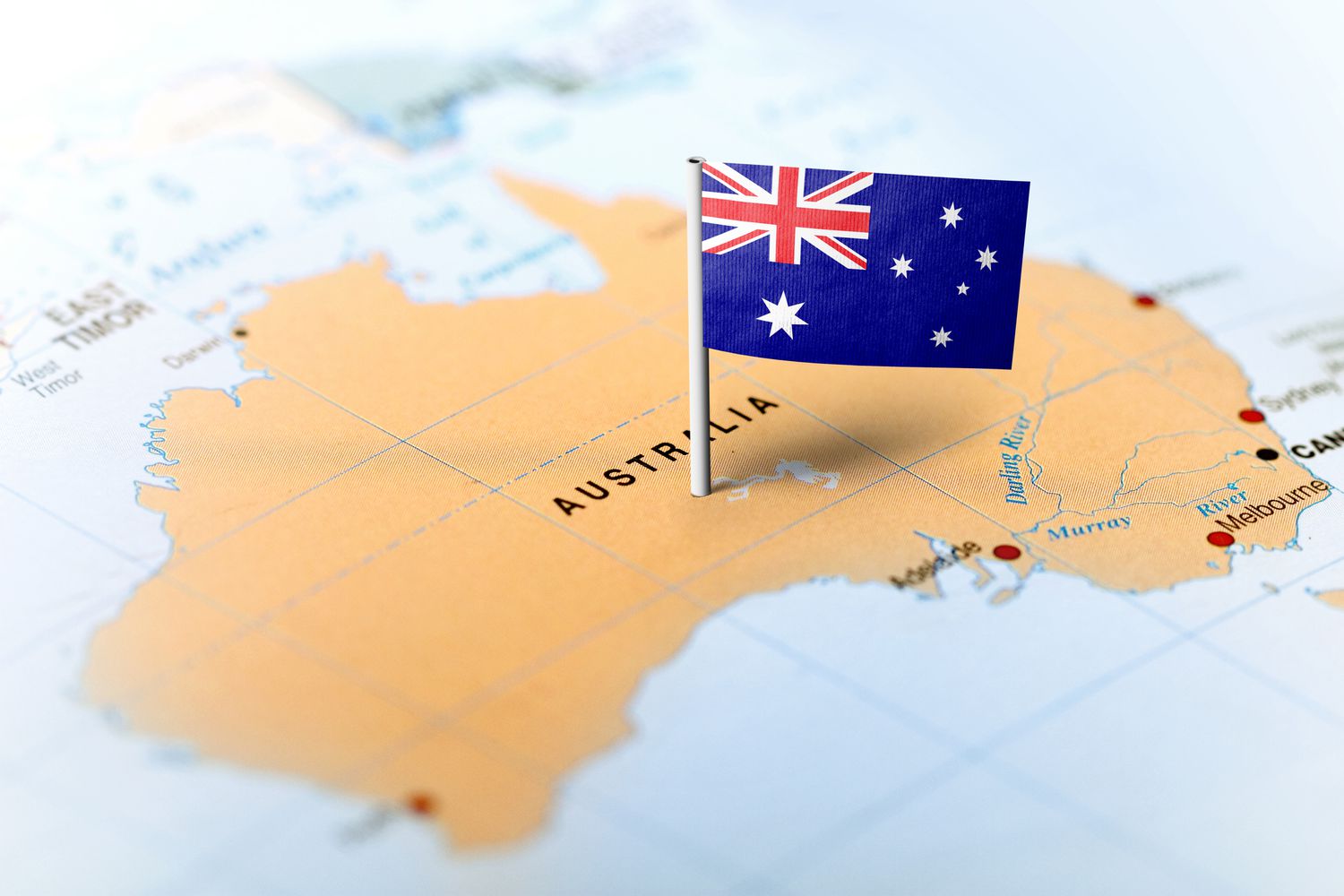How do travel agencies get paid? this question is usually asked by people who are considering a career in a travel agency or are interested in becoming a travel agent.
There are many mediums through which travel agencies do get paid, you do not need to worry given that the answer to your question is here as I will be showing you the various means travel agencies can use to make money.
Travel Agencies – What is it all about
Travel agencies are companies that specialize in helping customers plan and book their travel arrangements, such as flights, hotels, car rentals, and tours. They work with a variety of travel suppliers, such as airlines, hotels, and tour operators, to offer a wide range of travel options to their customers.
Travel agencies can provide customers with a one-stop-shop for all their travel needs, and can often offer special deals and discounts that are not available to the general public. They can also help customers with important details such as obtaining travel visas and vaccinations, as well as providing advice on travel insurance and other important matters.
Travel agencies can be brick-and-mortar businesses or operate entirely online. Many agencies are affiliated with national or international organizations, which allows them to offer customers a wider range of travel options and services. Some agencies also specialize in specific types of travel, such as luxury travel, adventure travel, or eco-tourism.
Travel agencies act as intermediaries between customers and travel suppliers, providing a convenient way for customers to plan and book their travel while earning commissions and fees for their services.
How Do Travel Agencies Get Paid

How Do Travel Agencies Get Paid
Service Fees
Considering how travel agencies get paid, Service fees are another way that travel agencies get paid. These are fees that the agency charges customers directly for their services. These fees can be a flat rate or a percentage of the cost of the travel arrangements. Some agencies may also charge a fee for additional services such as customized travel planning or making changes to existing bookings.
Service fees can vary depending on the agency, the type of travel being booked, and the level of service provided. For example, an agency that specializes in luxury travel may charge higher service fees than one that focuses on budget travel. Some agencies also may charge different fees for different types of services such as booking flights, hotels, cruises, or vacation packages.
Cruise incentives
Cruise incentives refer to bonuses or commissions that cruise lines pay to travel agencies for booking customers on their cruises. These incentives are similar to the commissions that airlines and hotels pay to travel agencies, but they are specific to the cruise industry.
Cruise lines typically pay travel agencies a commission on the base fare of the cruise, as well as any additional fees such as taxes, port charges, and gratuities. The commission rate can vary depending on the cruise line and the type of cabin booked. Some cruise lines also offer additional bonuses or incentives to travel agencies that book a high volume of customers, or that book customers on specific sailings or during certain promotions.
Sales of travel insurance and other travel-related products
In addition to commissions and service fees, travel agencies can also generate revenue by selling travel insurance and other travel-related products to customers.
Travel insurance is a type of insurance that provides coverage for unexpected events such as trip cancellation, medical emergencies, and lost or stolen luggage. Many travel agencies offer travel insurance to customers as an added service when they book a trip.
Hosting Familiarization Trips
Familiarization trips, also known as “fam” trips, are trips that travel suppliers (such as hotels, cruise lines, and airlines) offer to travel agents and other industry professionals to familiarize them with the suppliers’ products and services.
These trips are meant to educate travel agents about the suppliers’ offerings and to encourage them to promote and sell those products to their customers.
Some suppliers offer to pay for the travel agent’s expenses during the trip such as accommodation, meals, and activities, and in some cases, even offer a commission or override on the sales made by the travel agent post the trip
Specialized Travel
Specialized travel includes luxury travel, adventure travel, eco-tourism, religious travel, and travel for individuals with disabilities. Specialized travel agencies are companies that specialize in providing travel arrangements for these specific types of travelers.
Specialized travel agencies can earn revenue in the same ways as other travel agencies, including commissions from suppliers, service fees, and sales of travel insurance and other travel-related products. However, because they specialize in a specific type of travel, they may be able to offer more specialized products and services, and charge higher fees for those services.
Referral fees
Referral fees are one way how travel agencies do get paid. Referral fees refer to the fees that travel agencies receive for referring customers to other travel-related businesses or services. For example, a travel agency may receive a referral fee from a car rental company for every customer that rents a car through the agency’s website.
Referral fees can be a way for them to earn additional income. They allow travel agencies to offer additional products and services to their customers without having to invest in the infrastructure or inventory to support them.
Advertising
Advertising is another way that travel agencies do get paid. By displaying advertisements on their websites or through other marketing channels, such as email marketing, social media, and print advertising, travel agencies can generate revenue from companies or businesses that want to promote their products or services.
FAQ On How Do Travel Agencies Get Paid
How Much Money do Travel Agents Make?
The amount of money that travel agents make can vary widely depending on a number of factors, including the type of agency they work for, their level of experience, and the services they provide.
According to the US Bureau of Labor Statistics (BLS), the median annual salary for travel agents in the United States was $44,690 in 2020. The lowest 10 percent earned less than $27,430, and the highest 10 percent earned more than $78,510.
Travel agents who work for larger, full-service travel agencies may earn higher salaries than those who work for smaller, independent agencies. Similarly, travel agents who have been in the industry for a longer period of time may earn more than those who are just starting out.
How do travel agents get paid?
Travel agencies make money mainly from service fees, net/private fares, and from airline commissions. Service fees are a set fee that travel agents charge to their clients, while net/private fares are discounts that agents receive from suppliers.
Additionally, travel agents can also earn a commission on additional add-ons such as tours, entertainment tickets, and trip insurance. Finally, travel agents can also make money by charging for planning and building itineraries for their clients.
Summary
Travel agencies typically get paid through a combination of commissions, service fees, and sales of travel insurance and other travel-related products.
Commissions are a percentage of the cost of the travel arrangements that the agency books for customers, such as flights, hotels, and car rentals. These commissions are paid by the suppliers, such as airlines, hotels, and tour operators.
Now that you know how travel agencies get paid, You can go ahead to apply to work in a travel agency.







Leave a Comment